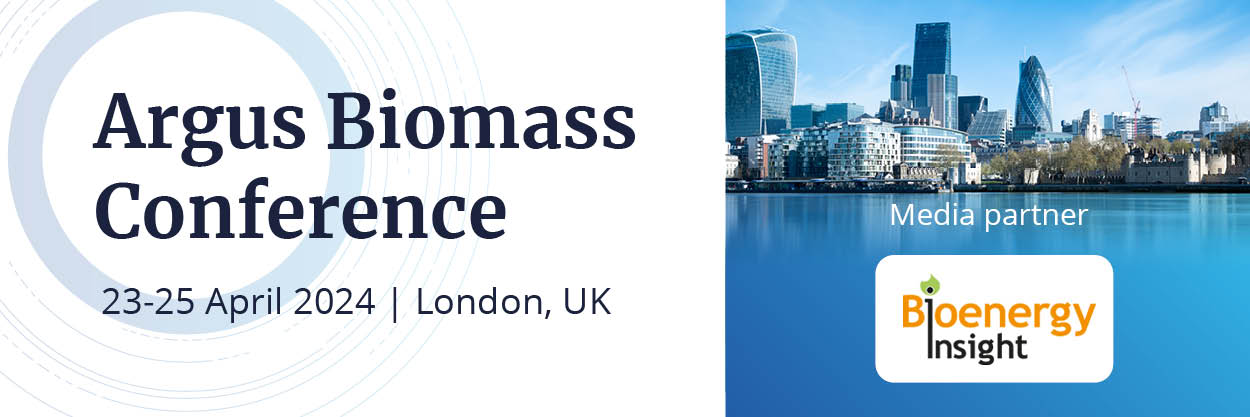Mind your language
By Liz Gyekye
As Bioenergy Insight went to press, media outlets reported that top aides of President Donald Trump will be meeting to discuss whether or not the US should remain part of the Paris climate agreement.
Officials will be discussing their options, with the goal of providing a recommendation to the president about the path forward, according to an administration official who spoke on condition of anonymity, the Independent reported.
The non-binding international agreement was forged in Paris in December 2015 and allowed rich and poor countries to set their own goals to reduce carbon dioxide. It went into effect last November after it was ratified by countries, including the US and China.
According to the New York Times, during his campaign trail, Trump vowed to “cancel” the climate deal, and his most politically conservative advisers, including Steve Bannon, have pushed him to follow through. However, Bannon’s influence has waned in recent weeks, while authority has risen for Trump’s daughter Ivanka and son-in-law, Jared Kushner, who advocate staying in the accord.
Secretary of State Rex W. Tillerson, the former chief executive of Exxon Mobil, has also spoken in favour of “keeping a seat at the table” in the climate pact, and in recent days, major corporations have stepped forward to embrace that position.
While no decision has been made, experts tracking it say that view is gaining traction, according to media reports. This point is interesting because it shows the power of words. Words have incredible power. Words create worlds. The words we use define ourselves and the world around us and they shape our reality.
Different day, different tune
In March, Patrick Serfass, executive director of the American Biogas Council told Bioenergy Insight that his organisation had changed its lexicon in order to get its environmental message through to the current administration.
He said: “The lexicon we are using today is different from what we were using in October. We are removing climate change from our vocabulary and using other vocabulary that resonates more with Republican interests like infrastructure, clean air and clean water. This focuses more on the theme of personal health issues than environmental issues.”
Post-Brexit
It’s not just US green organisations that are juggling with words and vocabulary to suit the changing political climate, UK ones are also experiencing the same issue. The situation follows reports in the UK press that the UK government planned to water down regulations surrounding climate change in an effort to help secure post-Brexit trade, according to civil service documents.
Tim Hitchens, the director general of economic and consular affairs at the Foreign and Commonwealth Office (FCO), was due to say in a speech scheduled before Bioenergy Insight went to press, that the UK must change its focus to carry out Prime Minister Theresa May’s vision of the country as a “great, global trading nation”. “You have a crucial role to play in posts in implementing our new approach to prosperity against the huge changes stemming from last year’s Brexit vote,” the notes seen by The Sunday Times read.
“Trade and growth are now priorities for all posts — you will all need to prioritise developing capability in this area. Some economic security related work like climate change and illegal wildlife trade will be scaled down.”
Language of reducing carbon
Speaking to Bioenergy Insight, Max Aitken, director at London-based power plant consultant Estover, says that he agrees with Serfass.
He explains: “In the UK it’s all about industrial strategy, being the government’s priority at the moment. In many ways other than Brexit it’s the only major initiative they have — and an important one. We are positioning our combined heat and power plants as supporting industry, lowering costs. The language of reducing carbon is less important now. Perhaps this is because some of the carbon reduction targets are being met and because the health of the economy is critically important with Brexit.”
Andy Yuill, senior renewable heat manager at UK-based renewable energy consultancy Natural Power, tells Bioenergy Insight that one of the big changes in bioenergy language has been the shift in the phrase “carbon neutral” to “low carbon” in recognition of the lifecycle emissions.
Yuill adds: “My own team has been variously called the biomass team, bioenergy team and now renewable heat team over the last four years as we started working on biomass combustion, then included biogas AD and then onto heat pumps, EfW and district heating networks.”
Mandy Stoker, director at Shropshire environmental consultancy E4 Environment, says: “I would say yes the language used has changed. I will have to have a think about specific examples but our language tends to change around ‘policy’ jargon/ wording. For example, when we were introduced to the word ‘sustainability’ back in the 90’s a whole new language came from that. ‘Renewable energy’ is another word to hang new words and phrases on.
“ A more recent one is ‘circular economy’ where we are now considering the lifecycle and impact of pretty much every action and it embraces words like ‘low-carbon economy’ ‘community engagement’ etc. I suppose its aim is to make changes sympathetically using language that appears to be positive to the wider audience.”
All in all, it seems in this quick-paced political scene, one really does have to set out a strategic plan on getting the environmental message across and of course, mind one’s language.
This story was first published in Bioenergy Insight’s May/June 2017 edition. To read more articles like this, subscribe today and contact subscription manager, Lisa Lee on marketing@woodcotemedia.com
























